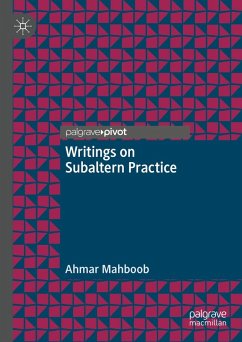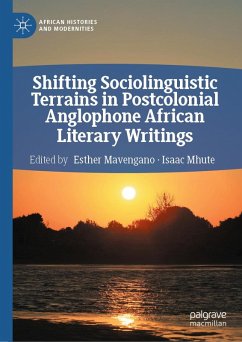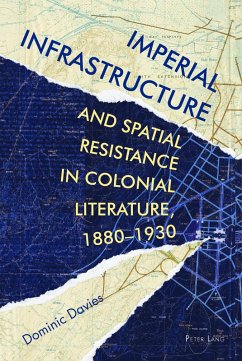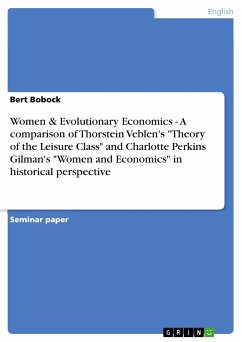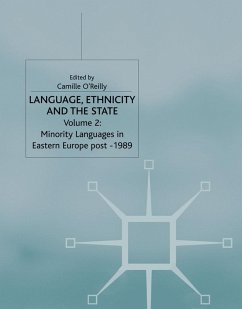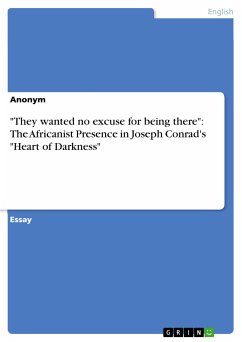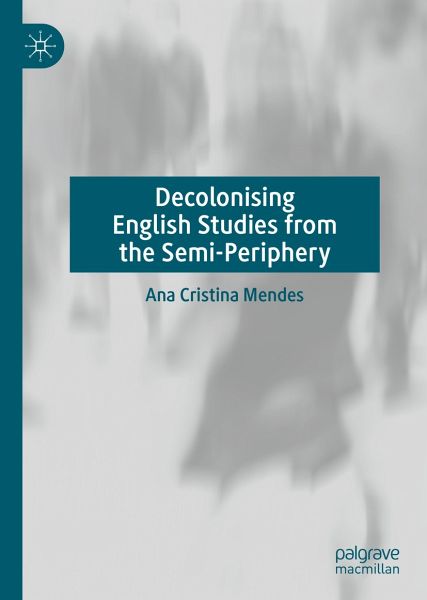
Decolonising English Studies from the Semi-Periphery (eBook, PDF)
Versandkostenfrei!
Sofort per Download lieferbar
88,95 €
inkl. MwSt.
Weitere Ausgaben:

PAYBACK Punkte
44 °P sammeln!
This book investigates how decolonising the curriculum might work in English studies - one of the fields that bears the most robust traces of its imperial and colonial roots - from the perspective of the semi-periphery of the academic world- system. It takes the University of Lisbon as a point of departure to explore broader questions of how the field can be rethought from within, through Anglophone (post)coloniality and an institutional location in a department of English, while also considering forces from without, as the arguments in this book issue from a specific, liminal positionality ou...
This book investigates how decolonising the curriculum might work in English studies - one of the fields that bears the most robust traces of its imperial and colonial roots - from the perspective of the semi-periphery of the academic world- system. It takes the University of Lisbon as a point of departure to explore broader questions of how the field can be rethought from within, through Anglophone (post)coloniality and an institutional location in a department of English, while also considering forces from without, as the arguments in this book issue from a specific, liminal positionality outside the Anglosphere. The first half of the book examines the critical practice of and the political push for decolonising the university and the curriculum, advancing existing scholarship with this focus on semi-peripheral perspectives. The second half comprises two theoretically-informed and classroom-oriented case studies of adaptation of the literary canon, a part of model syllabi that aredesigned to raise awareness of and encourage an understanding of a global, pluriversal literary history.
Dieser Download kann aus rechtlichen Gründen nur mit Rechnungsadresse in A, B, BG, CY, CZ, D, DK, EW, E, FIN, F, GR, HR, H, IRL, I, LT, L, LR, M, NL, PL, P, R, S, SLO, SK ausgeliefert werden.




